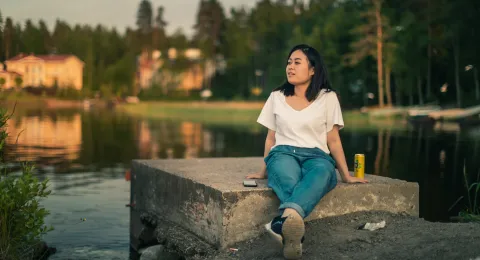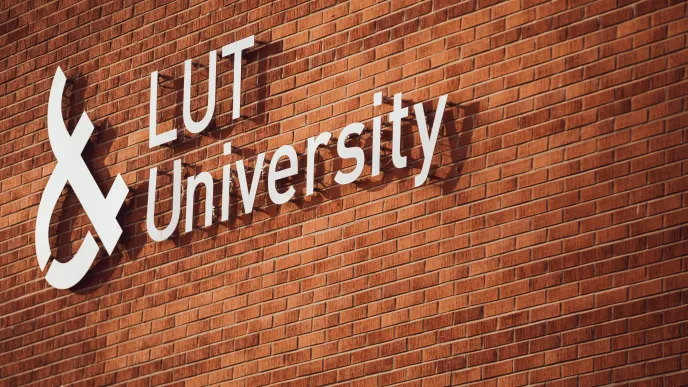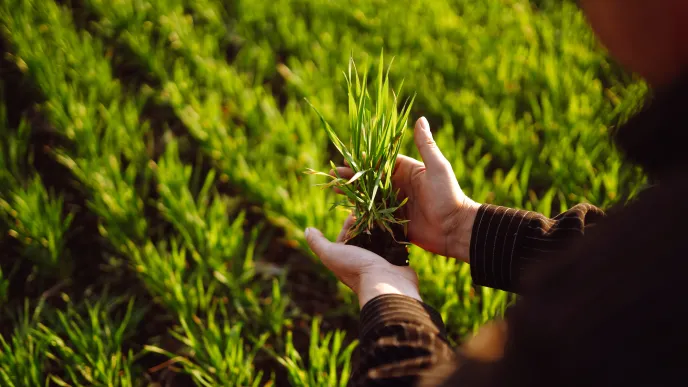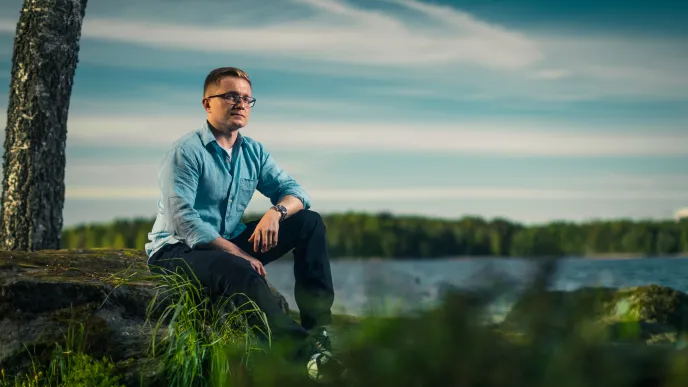The newsletter is your guide to what's happening on LUT campuses and the student community as well as to bachelor's and master's programmes updates and admission instructions. Newsletters will be delivered to your email once a month.
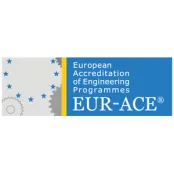
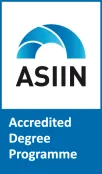
The programme is accredited by international EUR-ACE® and ASIIN standards for high quality degree programmes in engineering.
Every day, two million tons of sewage and industrial and agricultural wastewater is discharged into water bodies. Water treatment is inadequate in many parts of the world, and legislation concerning wastewater is constantly being tightened. Moreover, sustainability challenges us to reflect on water treatment in different ways.
Instead of focusing on end-of-pipe treatment for pollution prevention, we should shift our focus towards optimal resource utilisation and enhanced water recycling. Consequently, it is obvious that novel and sustainable materials and technologies for water treatment are needed.
In this master's programme, you will learn how water can be treated not only efficiently, but also in a sustainable and economical manner. You will obtain knowledge and skills to address water-related challenges in the future.
Teaching in this master's programme is based on existing and future water treatment challenges. Novel and advanced technologies are at the core of the studies, and course contents are planned based on industrial and municipal requirements as well as the most recent scientific advancements.
Who is this programme for?
This programme is for you if you are passionate about creating sustainable solutions for global challenges and want to develop expertise in cutting-edge water technologies.
In addition, you have:
- a bachelor’s degree in chemistry, technology, engineering, chemical engineering, process engineering, environmental technology, or a related field
- a minimum of 24 ECTS credits of previous studies that support water technology: chemistry, chemical engineering, process engineering, or environmental technology
- a sufficient arithmetic GPA
- certified English language skills
Admissions guide 2026
What will you learn in the programme?
After graduation, you will be a competent professional in the rapidly developing, multidisciplinary area of water technology.
You will acquire:
- competence in critical and relevant theories and techniques, problem-solving skills, and an ability to use knowledge, equipment and tools independently for the design and development of practical water treatment applications;
- understanding of the best available techniques (BATs) and advanced water treatment technologies, covering conventional water purification, advanced oxidation, and various separation methods;
- knowledge of the impact of conventional and emerging aquatic pollutants on the environment and human health;
- knowledge of sustainable water treatment and water reuse as well as recovering valuable compounds from water (wastewater, seawater);
- a professional network through practical assignments with companies throughout your studies in the programme; for example, a research project can be based on a real case study provided by an industrial partner.
Degree structure and studies
The Master's Programme in Water Technology is a two-year blended learning programme. The programme leads to the degree of Master of Science in Technology, M.Sc. (Tech.), which is 120 ECTS credits. The programme includes core, advanced specialisation, and elective studies as well as a master's thesis. Read more in this academic year’s curriculum.
What does blended learning mean in this programme?
The delivery of courses is blended, which means that the programme is a combination of on-campus and online studies. Most of the obligatory specialisation studies require participation in contact teaching in Mikkeli in the form of lectures, exercises, or laboratory assignments. Some of the courses can be completed as distance learning. Students admitted to the programme should prepare to attend classes on campus when needed. Individual course descriptions mention the attendance requirements for the course.
Career prospects
You will acquire practical skills and the latest information about the chemical engineering approach to water treatment.
You may find work in the chemical and process industry (users of pure water) and technology companies focusing on water purification.
You can also find jobs in municipal water treatment plants or research institutes, where you can develop new water treatment processes and technology, novel separation and purification materials, and water quality monitoring methods.
You will also obtain a firm basis to continue your studies in doctoral programmes.
Contact Admissions Services
The LUT Admissions Services are here to assist you in all matters related to applying to international bachelor's and master's programmes.
For questions about admission criteria or entry requirements, please reach out to us by email: admission@lut.fi.
Chat with our students
Do you want to know more about studying at LUT, student life, or housing on LUT's campuses?
For questions about admission to bachelor's or master's degree studies, please email admission@lut.fi.

